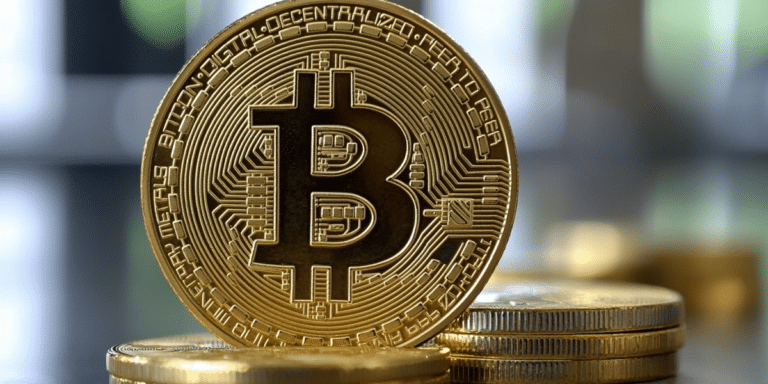US Government Transfers $240 Million in Seized Bitcoin to Coinbase Prime
Transfer of 3,940 BTC, Seized from Silk Road Trafficker Banmeet Singh, Sparks Market Uncertainty as Government Retains 213,000 Bitcoins.
Key Takeaways:
- A wallet linked to the US government transferred 3,940 BTC worth over $240 million to Coinbase Prime.
- These assets were seized from a Silk Road-linked narcotics trafficker, Banmeet Singh, in January 2024.
- The government's transfer stirs uncertainty, as it still holds 213,000 Bitcoins.
Fentanyl Trafficker's 3,940 BTC Moved to Coinbase
On June 26, several on-chain analysts reported that a wallet linked to the US government sent 3,940 BTC, worth over $240 million, to Coinbase Prime.
According to Arkham Intelligence, the Bitcoins were confiscated in January from Silk Road-affiliated narcotics trafficker Banmeet Singh.
At the peak of his empire, Singh operated and sold controlled substances like fentanyl on dark web marketplaces like Silk Road. He employed the anonymity of Bitcoin to facilitate payments from his clientele.
Meanwhile, Singh orchestrated the shipment of his contraband through the US mail and other unsuspecting shipping companies, evading detection.
Investigations by the United States Department of Justice (DoJ) revealed that Singh controlled distribution cells in multiple US states, including Maryland, New York, and Florida.
Singh was handed over to US authorities in 2023 following his extradition from the UK. In a dramatic turn of events, he forfeited his cryptocurrency holdings of over 8,100 BTC ($150 million at that time) as part of a plea deal that led to a five-year prison sentence.
The recent BTC transfer marks the US government’s first Bitcoin move in over a year, since March 2023. Back then, the government sold over 9,800 BTC worth about $215 million, seized from a Silk Road hack.
According to Arkham, the US government still holds over 213,000 BTC, worth $13.4 billion, making it one of the largest Bitcoin holders globally. In fact, it only trails MicroStrategy, the largest corporate holder of Bitcoin, with total holdings of 214,400 BTC.
Other nations with massive Bitcoin holdings are China (190,000 BTC) and the UK (61,000 BTC).
Germany recently made headlines with a significant BTC transfer, moving around $195 million from its Bitcoin reserves.
This week, Germany made another notable move. The government transferred an additional 400 BTC to leading exchanges Kraken and Coinbase.
This BTC transfer had a notable impact on the market, causing Bitcoin's price to plummet by 3.5% today.
Germany's action is part of a broader effort to liquidate a sizable cache of seized Bitcoins, originally obtained from illegal operators.
Bitcoin Dives Below Short-Term Cost Basis, Risking Deeper Correction
Government sales have added to a wave of selling pressure that has hit Bitcoin this month.
This increase in selling pressure has also been fueled by the actions of the collapsed Mt. Gox. The company has started the process of unloading 140,000 Bitcoin to reimburse victims of the infamous 2014 collapse, adding to market volatility and stoking investor fears of a Bitcoin price decline.
According to a newsletter published on June 25 by market intelligence firm Glassnode, Bitcoin’s price has experienced mounting sell-side pressure, causing it to shed more than 5.5% over the last seven days, setting a six-week low at $58,400.
During this sell-off, BTC dropped below its short-term cost basis, risking a deeper correction.
The newsletter revealed that since mid-June, the spot price has plunged below the cost basis of the 1w-1m holders ($68.5k) and 1m-3m holders ($66.4k). This indicates that short-term holders are underwater – leading to further selling as they capitulate.
BTC short-term holders are underwater
Bitcoin miners have also been offloading Bitcoin post-halving. Miners have been selling off their holdings to cover operational costs and maintain profitability. The selling spree from miners has also contributed to the downward pressure on prices.
Meanwhile, CryptoQuant founder Ki Young Ju weighed in on the potential price impact should the government decide to sell more BTC.
Ju argued that a decision to sell the transferred Bitcoin would not significantly impact the market. His analysis suggests that while government sales contribute to overall market dynamics, the market's depth and liquidity can absorb these sales without causing price swings.



